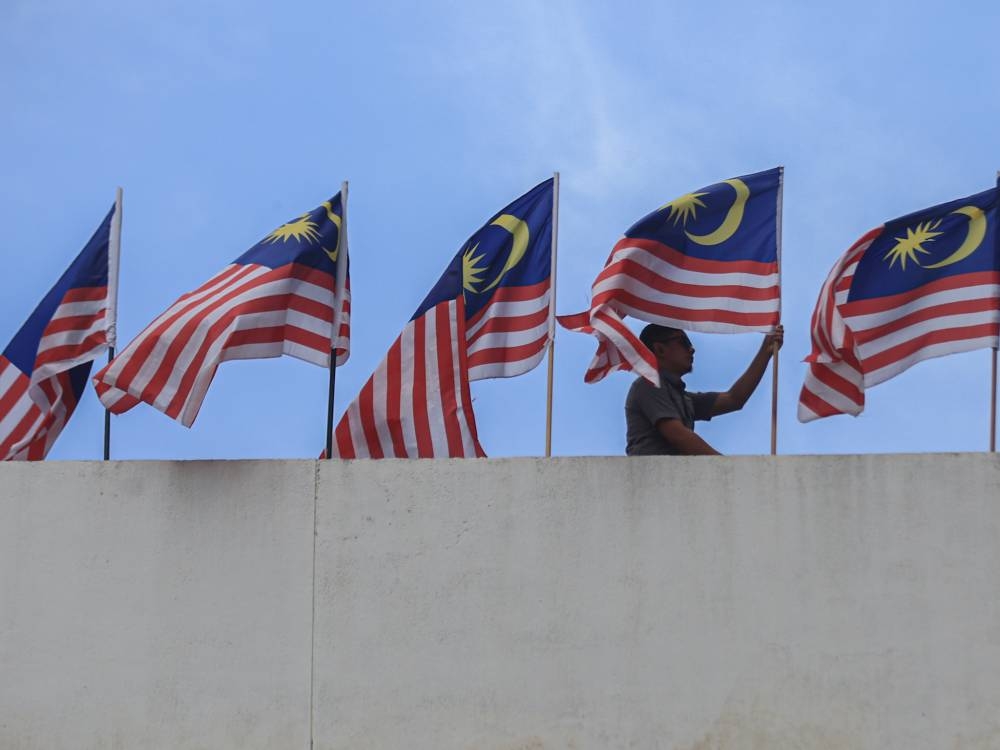DECEMBER 4 — I spend a relatively large amount of time following Malaysian politics and the country’s economic development.
I am far from being an expert but I do always try to have some grasp of what’s going on in our giant neighbour’s economic and political life.
When people — even Malaysians — ask why I am so interested in the country, I always answer, “How can I not be? Malaysia is very important.”
Firstly, as a Singaporean, what happens in our truly giant northern neighbour (Malaysia is almost 500 times the size of Singapore) impacts Singapore.
Malaysia is Singapore’s second largest trading partner; a significant portion of our food and even water supply come from across the causeway.
Our physical environments are connected; pollution and fires in southern Malaysia immediately impact us. Of course nearly a million Malaysian citizens live and work in Singapore and hundreds of thousands of Singaporeans have Malaysian roots and family.
Historically and culturally, our nations are intimately entwined. We have, of course, been part of the same country in the past. Fundamentally I believe to fully understand Singapore’s politics you need to have some awareness of what’s going on in Malaysia.
But actually beyond a Singaporean perspective, I think Malaysia is significant.
Fundamentally both Malaysia and even Singapore belong to the global south — nations and parts of the world that have traditionally been overlooked by the world’s dominant economic system.

Malaysia is important because it has long been an example of both the successes and failures of the nations in this category. With a strong and diversified economy — driven by primary resources, manufacturing, services and technology — Malaysia was seen as a promising candidate for development.
After Hong Kong, Taiwan, Korea and Singapore emerged as developed nations in the late 80s/early 90s, it was expected that Malaysia would be next but that never happened.
Malaysia’s economy got stuck in what was described as a middle income trap. The country failed to move further up the value chain and living standards began to stagnate.
And this failure is significant because where Malaysia struggled, so did many others.
From Chile to the Philippines to South Africa, promising nations were simply unable to become developed. For 30 years, virtually no new nations have really reached the top of the global economic pile and this raises questions about the world economic system.
If no new countries are becoming developed, is there something wrong with the system?
Malaysia — as it begins to grow once again post-Covid — still holds the potential to become a fully developed nation and if it can join the ranks of the world’s more affluent nations, lessons can be learned and applied globally.
But of course success remains a big if. A lot could go wrong, sending Malaysia not on the path to development but on the path to stagnation or worse. But whether Malaysia can forge ahead economically remains a fascinating and significant topic.
Malaysia is also important because it is a truly multi-ethnic state. Multi-ethnic nations have struggled to remain as stable and to develop as fast as more homogenous ones.
Taiwan and Korea, which have more homogenous populations, developed fast but more diverse Myanmar, Indonesia and Sri Lanka for example have struggled with stability and development.
So if Malaysia can succeed as a multi-ethnic state, there are a lot of lessons to be learned. Malaysia is also a Muslim majority nation but one that has practiced an almost uniquely tolerant approach to its minority religious communities but can that model deliver growth?
And can it do so within its evolving and increasingly democratic framework? Unlike Singapore which remains dominated by a single political party, Malaysia now has competing ideologies and political groupings.
How this plays out is fascinating and significant, not just for Singaporeans but for people with an interest in economics and politics more globally.
Malaysia is very important and basically if it can succeed and thrive as a democratic, multi-ethnic, religiously tolerant economically developed nation, there is hope for many countries around the world.
If it fails, we will have to wonder if other countries with weaker economies and systems have any chance at all.
* This is the personal opinion of the columnist.






















